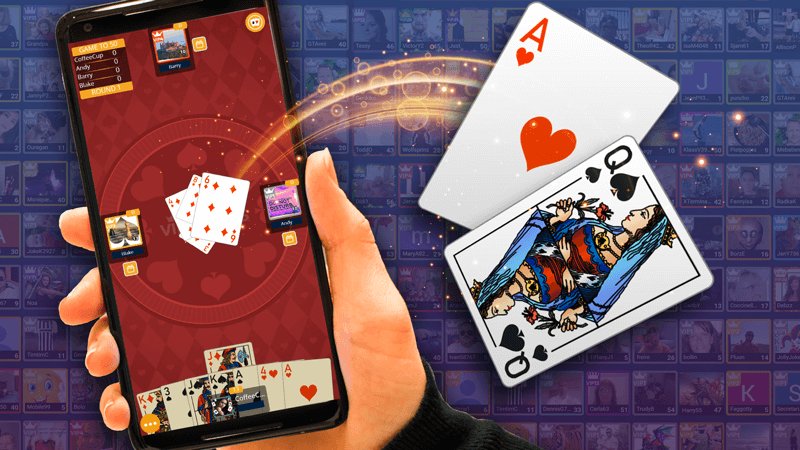
The Rise and Impact of Online Games in Modern Society
In the last two decades, online gaming has emerged as a dominant form of entertainment, transforming from niche communities to a global phenomenon. This rise has been fueled by advancements in technology, social connectivity, and a cultural shift towards digital interactions. Whether through casual mobile games or competitive esports, the influence of online games is undeniable Megaxwin. Let’s delve into their evolution, the technological innovations behind them, and the cultural and societal impacts they create.
1. The Evolution of Online Games
Online games trace their origins back to the early 1990s with basic text-based multiplayer games like MUDs (Multi-User Dungeons) that allowed players to connect over dial-up modems. These games provided a glimpse into the future of interactive digital entertainment, but it wasn’t until the late 1990s and early 2000s that online gaming began to truly flourish.
With the advent of broadband internet, games like Quake, Starcraft, and Ultima Online paved the way for multiplayer experiences that allowed real-time interaction between players across the globe. This was the precursor to the massively multiplayer online games (MMOs) like World of Warcraft that would define the 2000s, where thousands of players could interact in expansive virtual worlds. Today, online games range from complex role-playing universes to simple mobile apps, catering to a vast spectrum of players.
2. Technological Advancements Driving Online Gaming
The growth of online gaming can be attributed to several technological innovations. Fast internet connections have enabled seamless multiplayer experiences, and game development tools have become more sophisticated, allowing for richer and more immersive worlds.
Cloud gaming is another frontier that is transforming the industry. Platforms like Google Stadia, Xbox Cloud Gaming, and NVIDIA GeForce Now allow players to stream games directly to their devices, removing the need for powerful hardware and making high-end gaming more accessible.
Additionally, cross-platform play has become a significant feature, allowing players on different devices—PCs, consoles, and mobile phones—to play together. This has not only expanded the potential player base for games but has also fostered a more inclusive gaming environment.
Virtual Reality (VR) and Augmented Reality (AR) are also playing a pivotal role in shaping the future of online gaming. Games like Fortnite, Minecraft, and Pokémon Go have leveraged these technologies to create more interactive, immersive experiences, further blurring the lines between the physical and digital worlds.
3. The Social and Cultural Impact
One of the most profound effects of online gaming is its ability to foster social interaction. In contrast to the stereotype of gaming as an isolating activity, online games have become vibrant social platforms where players build friendships, form communities, and even collaborate on projects beyond the gaming world.
Many online games now incorporate chat functions, forums, and other social features that allow players to communicate and form relationships. This has led to the rise of online gaming communities like Discord, which acts as a hub for players to socialize, strategize, and share their experiences. These communities transcend geographic boundaries, uniting people from different cultures and backgrounds over shared interests.
Competitive gaming, or esports, is another phenomenon that has surged in recent years. Professional gamers and esports leagues have become mainstream, with titles like League of Legends, Dota 2, and Counter-Strike boasting millions of viewers for their tournaments. The industry has even attracted major sponsors and broadcasters, elevating gaming into the realm of traditional sports.
4. Challenges and Criticisms
Despite the widespread popularity of online games, there are challenges and criticisms associated with their growth. Addiction is a major concern, particularly with young players who may spend excessive amounts of time gaming. The World Health Organization (WHO) has even recognized gaming disorder as a condition, highlighting the need for balance and moderation.
Another issue is the prevalence of toxicity in online gaming communities. While many online games promote teamwork and cooperation, others suffer from hostile environments where players face harassment, bullying, and discrimination. Game developers have responded by implementing reporting systems, anti-cheat software, and content moderation, but the problem persists in many areas.
Privacy and data security also raise concerns. Many games collect user data, and with the rise of microtransactions and loot boxes, some have argued that certain online games encourage exploitative practices, particularly among vulnerable players.